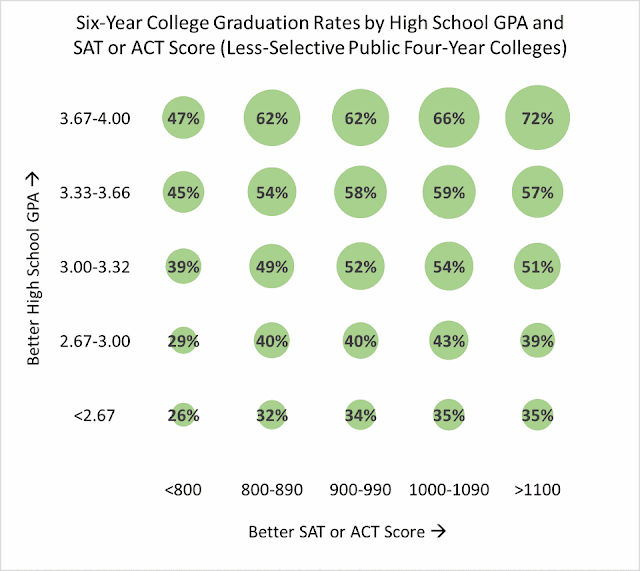As We Approach the End of the School Year

I gave my last lecture this semester via Zoom yesterday morning. With a large class, I did not really have a chance to see all of my students' faces on one screen. After teaching this class since the beginning of the Fall semester, it was difficult to say "farewell" given the circumstances. My students were mostly aspiring to become physicians. Did I actually prepare them for the Medical College Admission Test specifically, its Chemical and Physical Foundations of Biological Systems section? Did I provide them with the skills they need for next year's Organic Chemistry course? It was not straightforward to answer these questions when all of us were learning at the same time, and perhaps, for the first time, how to cope with a pandemic. Lessons on resilience and self-discipline were simultaneous with lessons on coordination compounds of the transition metals. We covered the chemistry and physics behind climate change while our planet was in a dramatic pause in its use ...




